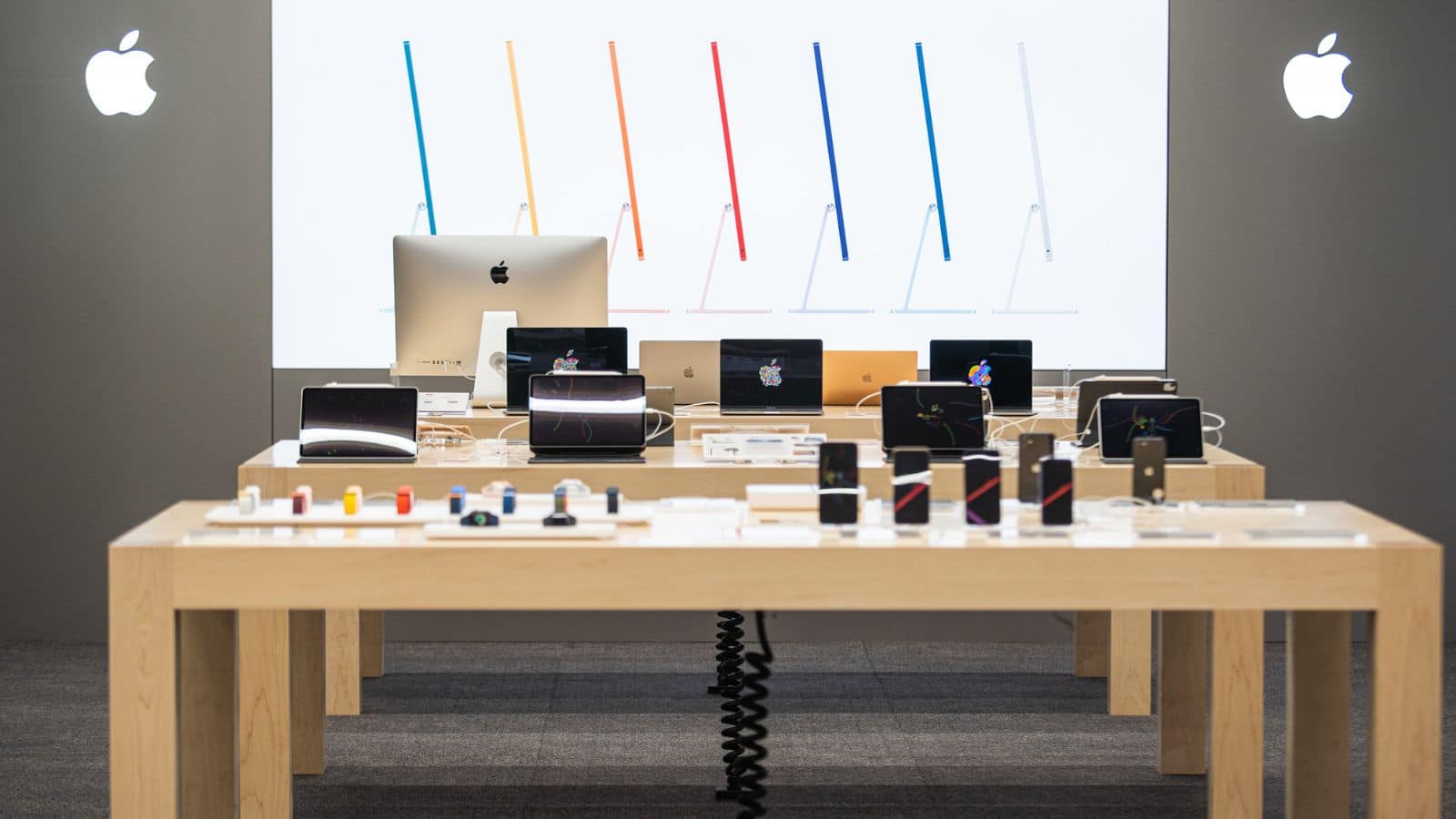The baby boomer generation, born between 1946 and 1964, witnessed and contributed to many significant changes in society. While they have left a lasting impact, it’s important to acknowledge that their influence hasn’t always been entirely positive.
1. Prolific Use of Non-Biodegradable Plastics

Baby boomers can certainly be blamed for the widespread use of non-biodegradable plastics. Their generation witnessed the rise of disposable consumer culture, which led to an unprecedented surge in single-use plastic products. From plastic grocery bags to disposable utensils, these items have contributed to the global environmental crisis, polluting oceans, harming wildlife, and clogging landfills.
2. Stagnation of Racial Equality Progress

The boomer generation also played a significant role in slowing down progress toward racial equality. While they witnessed the civil rights movement in the 1960s, subsequent decades saw the persistence of systemic racism and discrimination in various forms, including housing, education, and employment. Boomers have been criticized for not doing enough to dismantle these deeply ingrained inequalities.
3. Accumulation of National Debt

Boomers can be held responsible for the massive accumulation of national debt in many countries. As they aged, they advocated for and benefited from various entitlement programs, such as Social Security and Medicare. These programs, while important, have put enormous financial pressure on governments and contributed to the growing national debt burdens, which younger generations will have to grapple with.
4. Housing Market Turmoil

The baby boomer generation is often blamed for the volatile state of the housing market. As they reached adulthood, they entered the housing market en masse, driving up prices and creating housing bubbles. Subsequently, many millennials and Generation Z individuals have struggled to afford homes due to inflated real estate values and limited supply.
5. Resistance to Technological Advancements

Boomers can be faulted for their resistance to embracing technological advancements. This generation has been slower to adapt to digital innovations, which has led to delayed progress in certain industries. Additionally, their influence on political decisions has sometimes hindered efforts to regulate and address issues related to the digital realm, such as online privacy and cybersecurity.
6. Economic Inequality

Baby boomers bear some responsibility for the growing economic inequality witnessed in recent decades. Their generation benefited from post-World War II economic prosperity and affordable education, which enabled them to accumulate wealth more easily than subsequent generations. However, the policies and decisions made during their time in power, such as tax cuts favoring the wealthy, have exacerbated income disparities.
7. Environmental Degradation

The boomer generation is accountable for a significant portion of environmental degradation. Their embrace of consumerism and reliance on fossil fuels contributed to climate change and environmental pollution. The reluctance to adopt cleaner energy sources and sustainable practices has left a lasting impact on the planet, affecting future generations.
8. The “Me” Generation

Boomers have been criticized for their self-centered attitude and the popularization of the “Me” generation mentality. This individualistic approach to life has sometimes hindered collective efforts to address societal issues. The focus on personal success and materialism has, at times, overshadowed the importance of community and social responsibility.
9. Stalled Gun Control Reform

The boomer generation has seen its fair share of mass shootings and gun violence, yet they have been criticized for their resistance to meaningful gun control reform. Despite numerous tragic incidents, the lobbying power of organizations like the NRA, which enjoyed boomer support, has made it difficult to implement comprehensive gun control measures.
10. Entitlement Culture

Baby boomers have been accused of perpetuating an entitlement culture, particularly when it comes to government benefits and retirement. While they enjoyed generous pensions and Social Security benefits, they have resisted necessary reforms to ensure the long-term sustainability of these programs. This resistance has left younger generations facing uncertainties about their own retirement security.
11. A Flawed Healthcare System

Baby boomers can be held accountable for contributing to the flaws in the healthcare system. As they aged, their demands for healthcare services increased significantly. The resulting strain on the system led to rising costs and inefficiencies, making it difficult for younger generations to access affordable and high-quality healthcare.
12. The Rise of Consumerism

The baby boomer generation witnessed the birth of modern consumerism and played a significant role in its growth. The pursuit of material possessions and the culture of constantly seeking the latest gadgets and trends have had adverse effects on the environment and encouraged unsustainable levels of consumption.
50 Super Simple Side Hustle Ideas

50 Super Simple Side Hustle Ideas (& How to Make Them Work)

10 Frugal Lessons I Learned From Being Flat Out Broke
How To Make Money Without a Job

How To Make Money Without a Job
Creative Ways To Make Money

20 Easy Ways to Raise A Credit Score Fast

Read More: 20 Easy Ways to Raise A Credit Score Fast
Frugal Living Tips: The Essential Guide To Start Saving Money

Frugal Living Tips: The Essential Guide To Start Saving Money
